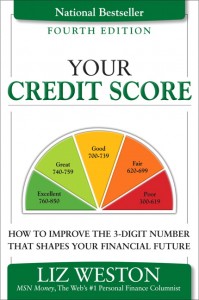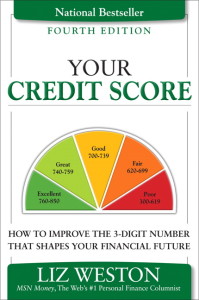 Today’s top story: How the way you think about money could be hurting your finances. Also in the news: Determining the right time to buy a home, six secrets to getting a good deal on that home, and why your FICO score is about to look very different.
Today’s top story: How the way you think about money could be hurting your finances. Also in the news: Determining the right time to buy a home, six secrets to getting a good deal on that home, and why your FICO score is about to look very different.
3 Money Maxims that Hurt Your Finances
Changing the way we think about money.
When Should You Wait to Buy a Home?
How to determine when the time is right.
6 secrets to getting a good deal on a house
Tips for when the time is right.
How credit scores are about to change: a Q&A
Your FICO score is about to get a makeover.
Why it’s easier to rob bitcoins than banks
Not that you should do either one, of course.




